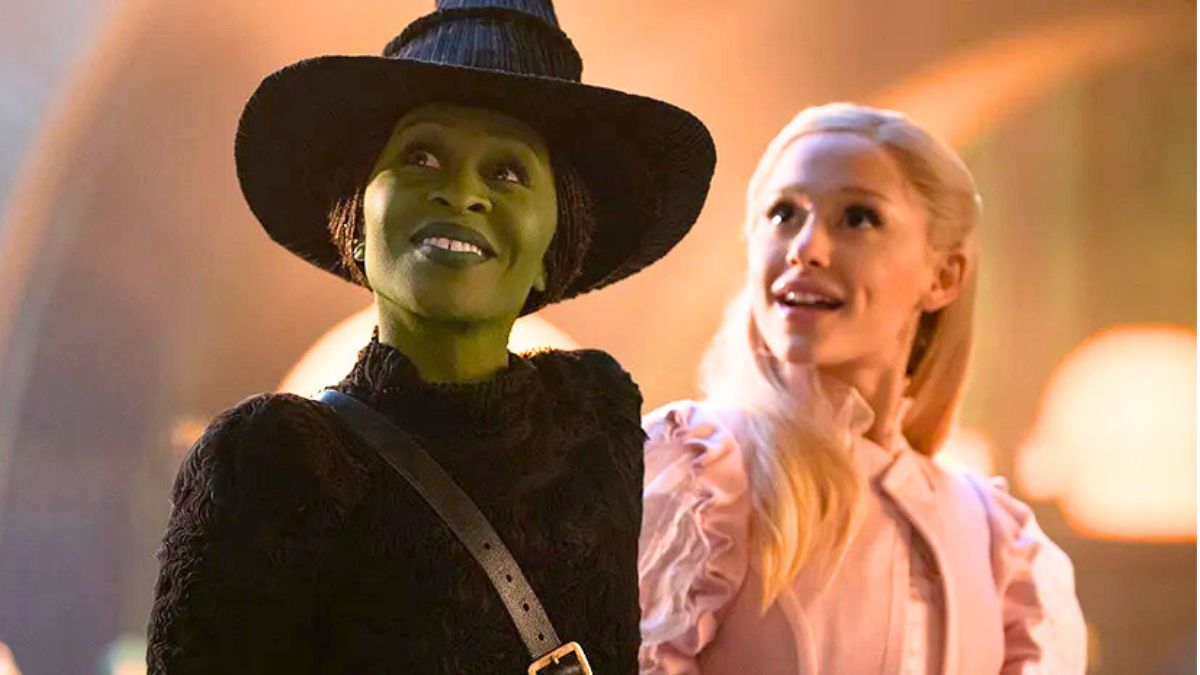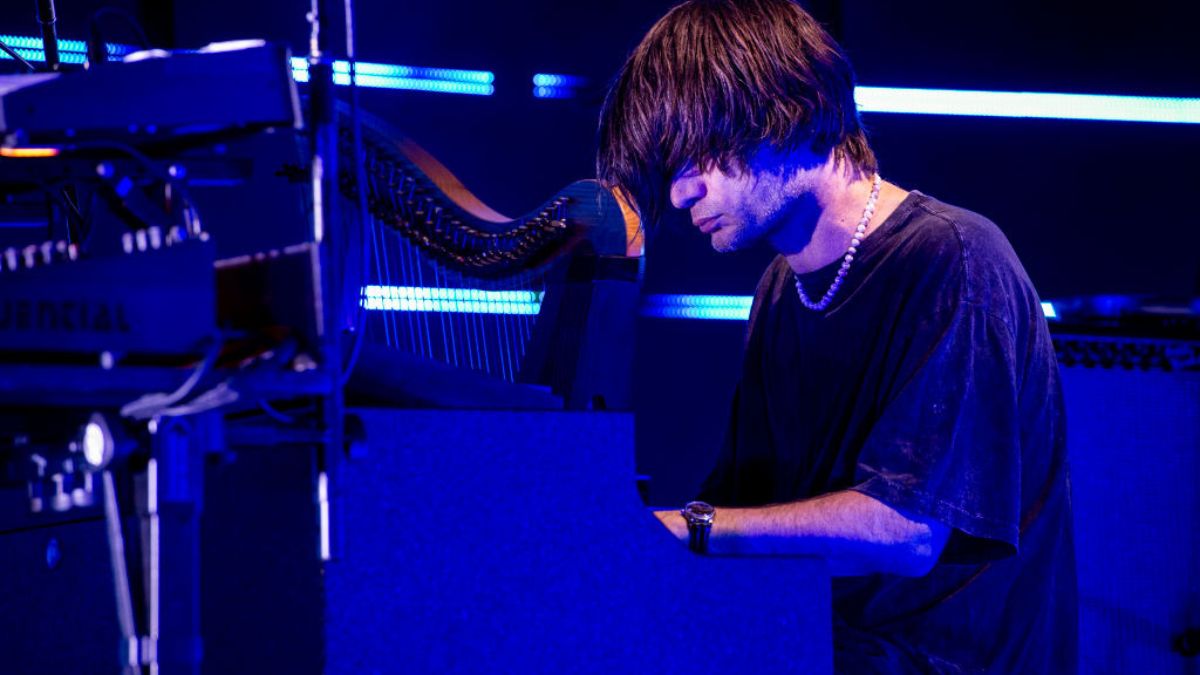Universal Pictures just made a very intentional decision to change their much anticipated follow up from Wicked: Part Two to Wicked: For Good.
Given that movie titles are important tools that foreshadow what the film is all about, this is a big deal. It appears as if the movie is leaning into the darker themes for this adaptation. Since some versions of these films have been in development since 2004, no one could have predicted the current political climate and how this parallels the themes in the films.
Much like the Wizard, President Trump portrayed himself as a man of the people but is already walking back key campaign promises such as lowering the cost of groceries. His introduction of the phrase “fake news” has Americans doubting credible news sources and further fuels wild conspiracy theories. Additionally, his divisive rhetoric has created harmful environments for outsiders, much like how Elphaba’s difference leads to her marginalization.
Jon M. Chu’s two films take the familiar story of The Wizard of Oz and tell it from the witches’ perspective. It takes place before, during, and after Dorothy Gale drops in. The movies are based on the hit Broadway musical of the same name, which is based on a series of novels by Gregory Maguire. Leading ladies Ariana Grande and Cynthia Erivo star as Glinda, the Good Witch of the North and Elphaba, the Wicked Witch of the West, respectively. The cast is rounded out by Jeff Goldblum as the Wizard of Oz, Michelle Yeoh as Madame Morrible, and Jonathan Bailey as Fiyero.
In Wicked: Part One, audiences watch Elphaba and Glinda, two polar opposite young women, go from enemies to friends. These roomies dream of one day meeting and working alongside the great and powerful Wizard of Oz. But when he turns out to be behind the attacks on the animal community, the friends have very different reactions. Elphaba stands up for the animals, while Glinda wants to maintain the status quo. The film ends with the young women choosing divergent life paths, and failing to understand each other’s decisions.
Chu told Variety that Wicked: For Good “is a doozy.” He went on to explain that it packs a big emotional punch. “You’re getting the meat. I did not know the context of where we’d be in society right now. It becomes eight times more relevant than before when you’re talking about truth and consequences of making the right or wrong choices. It’s intense,” he mused.
The question remains, is the title change good or bad? Thankfully, the themes of the piece can help us out again here. Wicked, in all its iterations, deals with the complexity of the nature of good and evil. “Are people born wicked, or do they have wickedness thrust upon them?” Glinda asks in the opening number.
The truth is, life can’t be categorized so simply — nor can titles. It’s not black and white — or, in this case, pink or green. The title is more specific, which is a positive thing. It also leaves some questions. The title of the first movie implies there is a second half and giving it another moniker is a bit confusing.
The phrase “for good” references the final song between Glinda and Elphaba. As an overall movie title, however, it sounds final, and as if the character’s saying goodbye concludes the story. This moment is not about closure, as it is much more complex than that. The book series’ storyline even goes past the Broadway show’s conclusion.
While the new title may be as controversial as the political themes of the film it represents, audiences are sure to flock to the theaters regardless. Wicked: Part One has made more than $524 million worldwide so far.











Published: Dec 16, 2024 07:21 pm